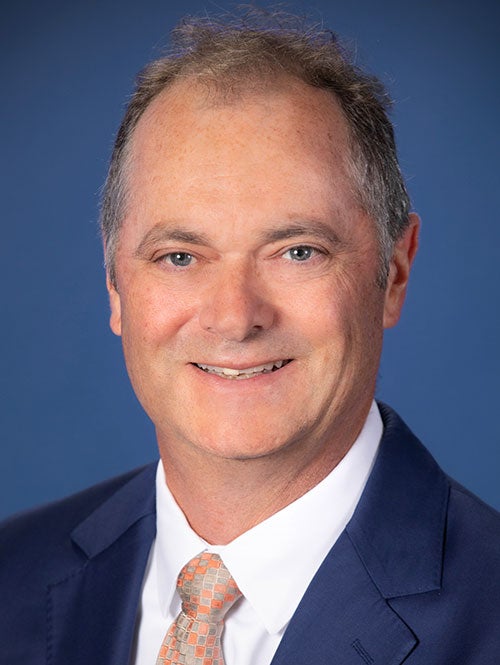UC Davis Health’s pioneering program to enhance care for neurodivergent kids

For children who are neurodivergent and have specific sensory needs, the bright lights, loud noises and unfamiliar faces of a hospital visit can be overwhelming. But even small changes to the conventional care experience can be the difference between a successful visit and a traumatizing one.
University of California Davis Health has launched a first-in-the-nation program called PATH (Promoting Accessibility To Healthcare) to improve the health care experience for children who have autism and other neurodevelopmental disabilities.

Scott Akins, D.O.
“Individuals with disabilities are more likely to have medical trauma that contributes to care avoidance and are four times more likely to have unmet health care needs,” said Scott Akins, D.O., chief of developmental pediatrics, medical director of the UC Davis MIND (Medical Investigation of Neurodevelopmental Disorders) Institute and co-medical director of the PATH Program. “We’re aiming to change this by adapting our environments to better serve those neurodiverse children and their families who need this care.”
Through the PATH program, health care workers learn their neurodivergent patients’ likes and dislikes — from preferred communication methods to sensory needs, including triggers of past medical trauma. PATH-certified care teams then add these preferences to the child’s medical chart, so providers know how to consistently address their unique needs. As of January, 80% of UC Davis Children’s Hospital’s Children’s Surgery Center staff had been trained on the PATH curriculum, making it the first unit in the hospital to achieve PATH certification.

